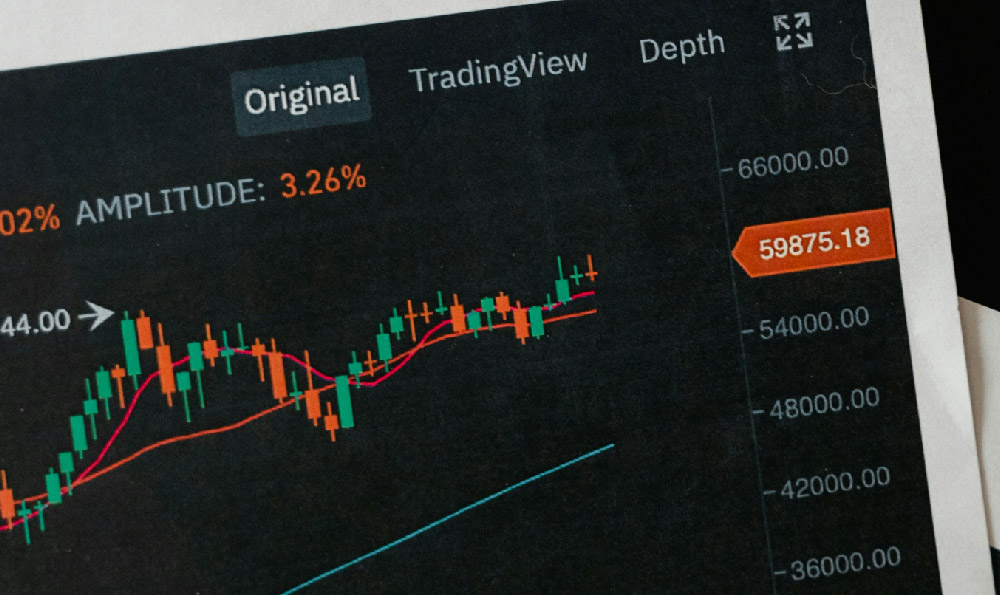Do Day Traders Actually Profit? What Percentage Succeed?
Day trading, the practice of buying and selling financial instruments within the same trading day, often conjures images of fast-paced environments and substantial profits. It attracts individuals seeking quick wealth accumulation, lured by the promise of leveraging market volatility for personal gain. However, the reality of day trading is often far removed from this glamorous portrayal. While it is technically possible to generate income through day trading, achieving sustained profitability is exceedingly difficult, and the percentage of day traders who actually succeed is surprisingly low.
The allure of day trading stems from its perceived accessibility. With online brokerage accounts and readily available market data, almost anyone can theoretically participate. The low barrier to entry, however, belies the complexities and challenges involved. Successful day trading requires a specific skillset that encompasses not only a deep understanding of market dynamics but also rigorous discipline, emotional control, and significant capital.
One of the primary reasons why so few day traders achieve profitability lies in the intense competition they face. The markets are populated by sophisticated institutional investors, hedge funds, and professional traders equipped with advanced technology, high-speed data feeds, and proprietary algorithms. These entities possess resources and expertise that the average individual day trader simply cannot match. Competing against such formidable adversaries puts individual traders at a significant disadvantage.

Furthermore, the inherent nature of day trading necessitates rapid decision-making under pressure. Traders must constantly monitor market movements, interpret news events, and react swiftly to changing conditions. This requires the ability to analyze vast amounts of information in real-time and execute trades with precision and speed. The psychological toll of this constant pressure can be immense, leading to impulsive decisions, emotional biases, and ultimately, losses.
Another significant obstacle to profitability is the cost associated with day trading. While brokerage commissions have decreased significantly in recent years, they still represent a drag on performance. More importantly, day traders often rely on margin accounts to amplify their potential gains. While margin can magnify profits, it also magnifies losses. A single bad trade can wipe out a substantial portion of a day trader's capital, leaving them worse off than before. In addition, the interest charged on margin loans can further erode profitability.
Empirical studies have consistently demonstrated the challenges of achieving sustained success in day trading. Research has shown that the vast majority of day traders lose money, often within a relatively short period of time. One frequently cited study found that only a small percentage of day traders were able to consistently generate profits over a multi-year period. The median day trader actually experiences negative returns, highlighting the difficulty of consistently outperforming the market.
The few day traders who do succeed typically possess several key characteristics. They have a well-defined trading strategy that is based on sound principles and rigorous testing. They also have a disciplined risk management plan that limits potential losses. Furthermore, they are able to control their emotions and avoid making impulsive decisions based on fear or greed. These successful traders treat day trading as a serious business, dedicating the time and effort necessary to develop their skills and knowledge.
In addition to having the right skillset and mindset, successful day traders also have access to the right tools and resources. They typically use advanced trading platforms that provide real-time market data, charting tools, and order execution capabilities. They also have access to research reports and analyst recommendations that can help them identify potential trading opportunities.
It is crucial to differentiate between day trading and investing. Investing typically involves holding assets for the long term, with the goal of generating returns through capital appreciation and dividends. Day trading, on the other hand, is a short-term strategy that focuses on capturing small price movements within a single trading day. Investing is generally considered a more prudent and less risky approach to wealth accumulation, while day trading is more akin to speculation.
The percentage of day traders who succeed is difficult to pinpoint with exact precision, as studies vary in their methodologies and data sources. However, a general consensus exists among financial professionals that it is a very small minority – likely less than 10% – who consistently generate profits over the long term. Many studies suggest that the figure may be even lower.
For those considering day trading, it is essential to approach it with a realistic understanding of the risks involved. It is not a get-rich-quick scheme, and it requires a significant commitment of time, effort, and capital. Aspiring day traders should thoroughly educate themselves about market dynamics, trading strategies, and risk management techniques. They should also be prepared to lose money, especially in the early stages of their trading career.
Furthermore, it is advisable to start with a small amount of capital and gradually increase the size of their trades as they gain experience and confidence. It is also important to have a backup plan in case day trading does not work out. Day trading should not be undertaken with money that is needed for essential expenses or long-term financial goals.
In conclusion, while the potential for profit exists, the vast majority of day traders do not achieve sustained success. The intense competition, the need for rapid decision-making, and the psychological pressures involved make it an exceedingly challenging endeavor. The small percentage of day traders who do succeed typically possess a unique combination of skills, discipline, and resources. For most individuals, long-term investing is a more prudent and reliable path to wealth accumulation. Before venturing into the world of day trading, it is imperative to carefully consider the risks involved and to approach it with a realistic and informed perspective.















